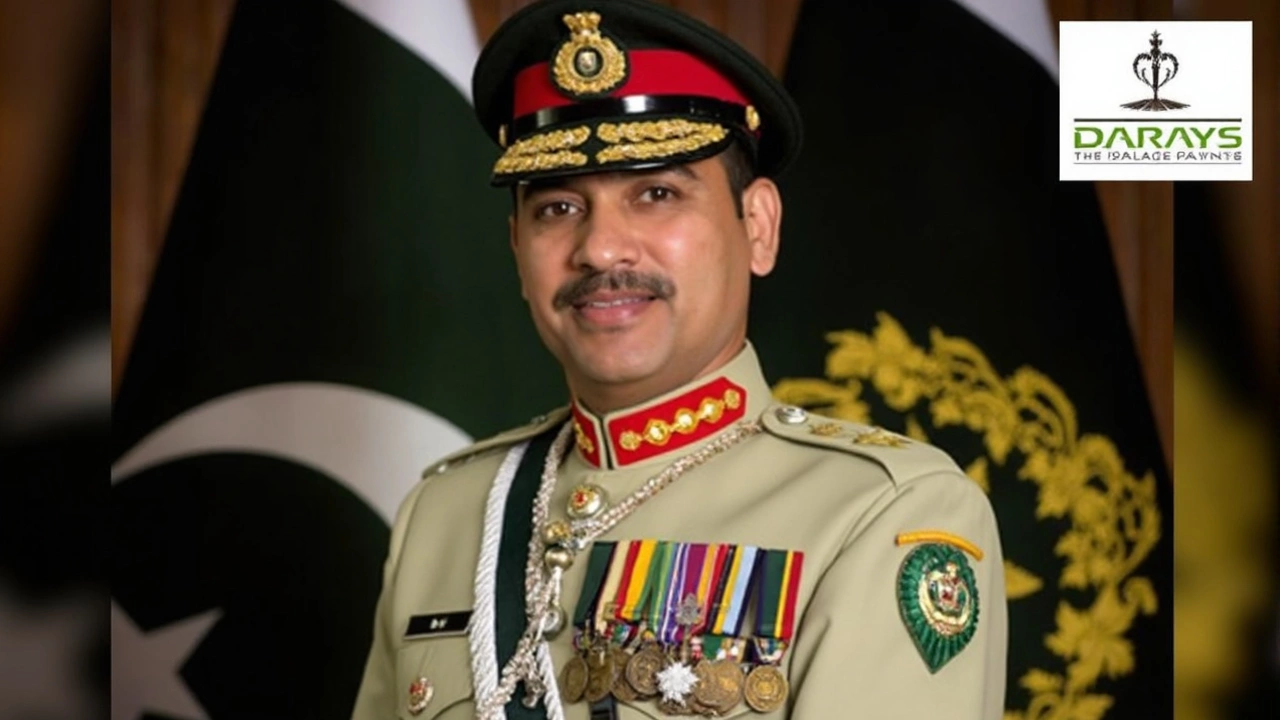Pakistan Coup Explained: What It Means and What’s Coming
If you’ve heard "Pakistan coup" in the news, you probably wonder why the military keeps popping up in politics. In simple terms, a coup is when the army takes control of the government, usually by ousting the elected leaders. Pakistan has seen three major coups since its birth in 1947, and each one left a lasting mark on the country’s politics, economy, and daily life.
Why does the army have so much power? The answer lies in a mix of history and security concerns. After independence, Pakistan inherited a weak civilian bureaucracy and a shaky democratic foundation. The military, built during the British era, quickly became the most organized institution. Over the years, recurring conflicts with India, internal ethnic tensions, and economic crises gave the army a claim to be the nation's stabilizer.
The Three Big Coups
1958 – Ayub Khan’s takeover: President Iskander Mirza invited General Ayub Khan to restore order amid political chaos. Within weeks, Ayub dismissed the parliament, declared martial law, and ruled for a decade. His era introduced industrial growth but also entrenched military influence in policy‑making.
1977 – Zia‑ul‑Haq’s coup: Accusations of election fraud against Prime Minister Zulfikar Ali Bhutto led General Zia to seize power. He imposed strict Islamic laws, suspended the constitution, and ruled until his death in a mysterious plane crash in 1988. This period deepened the link between the military and Islamist politics.
1999 – Musharraf’s coup: Facing a hostile Parliament and tensions with the judiciary, General Pervez Musharraf ousted Prime Minister Nawaz Sharif. He promised reforms, lifted sanctions after 9/11, and stayed in power until 2008. His rule saw economic liberalisation but also heightened public resentment over civilian‑military imbalance.
What the Latest Rumors Could Mean
Whenever news outlets mention a "Pakistan coup" today, they often refer to speculation about the military’s role in current political disputes. The armed forces still control key ministries, own businesses, and influence foreign policy, especially regarding India and the US. If a new coup were to happen, expect immediate curfews, suspension of media, and a quick reshuffling of leaders.
For ordinary citizens, a coup usually means a short‑term freeze on everyday activities – banks may close, internet slows down, and public transport can be restricted. In the longer run, investor confidence drops, foreign aid can be delayed, and long‑standing issues like corruption and regional inequality may worsen.
So, what can you do if you’re following the situation? Stay updated through reliable sources, avoid spreading unverified rumors, and keep an eye on official statements from both the government and the army. If you’re a business owner, consider diversifying investments to guard against sudden market shocks.
Understanding Pakistan’s coup history helps you see why the military is such a powerful player. While the country strives for stable democracy, the pattern of military interventions shows that any political future will need strong institutions, transparent elections, and a clear civilian‑control framework. Keep watching, stay informed, and remember that real change comes from consistent, everyday participation in the political process.
Pakistan's Army in Turmoil: Asim Munir Detained as Coup Rumors Swirl After India Strikes
Rumors of a military coup are swirling in Pakistan after Army Chief Asim Munir was reportedly detained. As tension with India spikes following the Pahalgam attack and fierce retaliatory strikes, General Shamshad Mirza is tipped as Munir's likely replacement. Internal dissent and escalating Indo-Pak hostilities have thrown Pakistan’s military leadership into crisis.
VIEW MORE